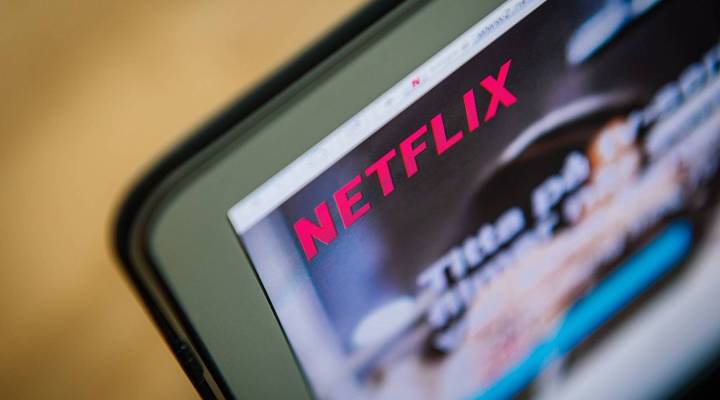
Burnt out millennials turn to binge-streaming TV
Burnt out millennials turn to binge-streaming TV

Millennials, who came up in an always-on digital culture and entered adulthood during the uncertainty of the recession, have been referred to as the “burnout generation.” Burnout was recently classified by the World Health Organization as an “occupational phenomenon” of feeling exhausted or depleted by one’s work.
According to a survey by mental healthcare provider Yellowbrick. 96% of millennials say they are affected by burnout in their daily life and the most-cited coping mechanism to deal with all that stress? Streaming TV.
Like many young people, 29-year-old James Maloney says he finds it hard to put his phone down, even when he’s off the clock. “So you can feel kind of like you’re on edge, and kind of on-call,” he said.
To take that edge off, he’s increasingly turning to streaming TV. Maloney finds the Netflix competition series, “The Great British Baking Show,” particularly soothing.
“The only tension is: ‘Is my scone going to be burned or not?’” he said.
Streaming TV was the most-cited coping mechanism by millennials experiencing burnout, ranking higher than exercise, sleep, drinking or talking with friends.
“It takes you to a different place, it takes you mentally into another world,” said Robin Nabi, a communications professor at UC Santa Barbara.
Television has always been known to provide escape, she said. Streaming TV, with instant access to entire seasons, takes that escapism to another level. But such a high level of engagement with the entertainment isn’t always a good thing.
“If what you’re watching is highly stimulating, then that arousal might actually lead you to feeling more stressed,” Nabi said.
That happens to 33-year old PhD candidate Jeremiah Bailey, who keeps up a streaming diet of dystopian sci-fi series like “Black Mirror.”
“It is very stressful,” he said. “I have to watch something else afterwards sometimes.”
The impulse to keep watching can also become destructive, according to psychotherapist Richard Shuster, host of the podcast “The Daily Helping.”
“Anything that gives you a physiological response of pleasure has the potential to be addictive,” he said.
There’s a lot happening in the world. Through it all, Marketplace is here for you.
You rely on Marketplace to break down the world’s events and tell you how it affects you in a fact-based, approachable way. We rely on your financial support to keep making that possible.
Your donation today powers the independent journalism that you rely on. For just $5/month, you can help sustain Marketplace so we can keep reporting on the things that matter to you.


















